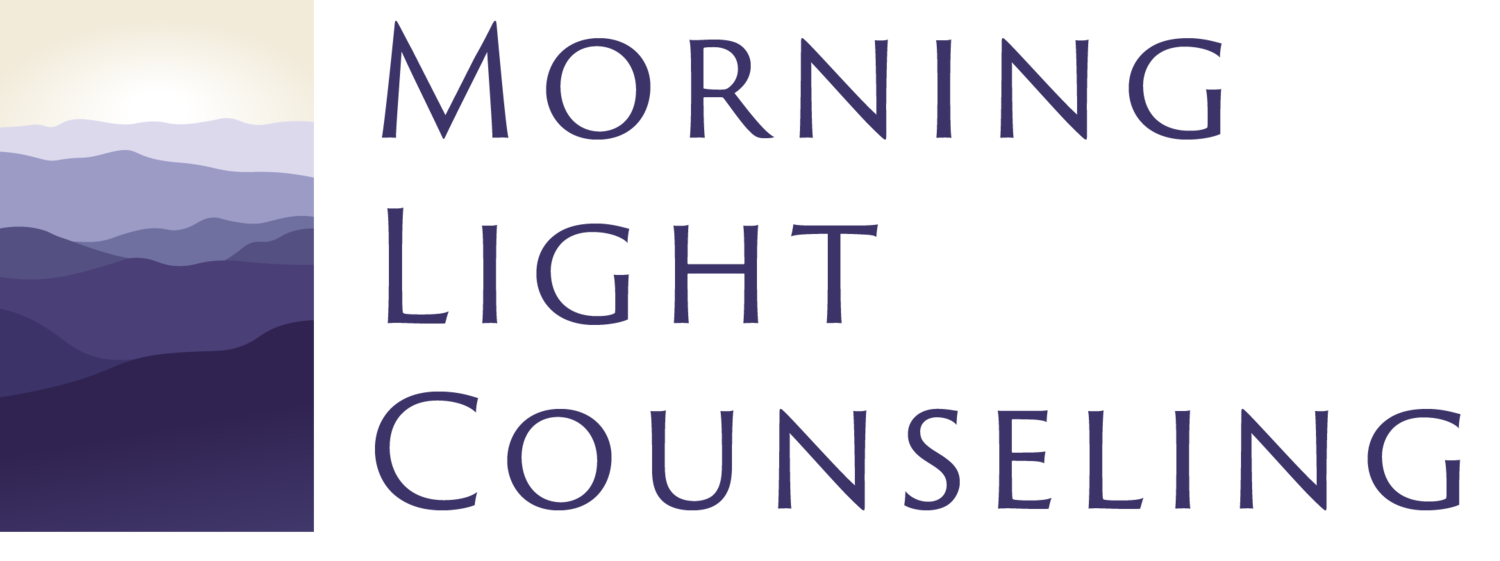
Serving clients from the Blue Ridge Mountains to the Outer Banks
Michelle Tennant, MS, NCC, LCMHC, BC-TMH
Drawing from my experiences living in culturally diverse communities across the globe, I strive to create a safe space in which your values and beliefs form the foundation of our therapeutic relationship. By pairing your interests, preferences, and strengths with my background in modalities such as CBT, DBT, CPT, ACT, and expressive arts therapy, we’ll work together to craft an approach that works for you. No matter what’s going on in your life that’s led you to seek therapy, we can figure this out together. You don’t have to do it alone.
My clinical specialties include trauma and abuse, stress, anxiety, depression, grief and loss, mood disorders, personality disorders, and psychotic disorders. I have a special interest in working with survivors of coercive control and intimate partner abuse in all its forms.
-
Cognitive Behavioral Therapy
CBT explores the relationship between thoughts, feelings, and behaviors and encourages a better quality of life by challenging negative thinking patterns. This form of therapy tends to work best for people who prefer a more hands-on approach to therapy and enjoy completing practical exercises outside of regular sessions.
-
Cognitive Processing Therapy
CPT is a structured approach used to help people deal with traumatic life events and how those events have affected their self-image and worldview. Originally developed to treat PTSD in sexual assault survivors, CPT has proven to be an effective treatment for individuals who have experienced many other types of traumatic incidents.
-
Dialectical Behavioral Therapy
Created to treat individuals with chronic and severe mental health issues who have seen little progress through other forms of therapy, DBT is a highly structured approach that promotes the development of key life skills: mindfulness, distress tolerance, emotion regulation, and interpersonal effectiveness. These skills can also be introduced outside of a structured DBT program to foster relationships and promote a better quality of life.
-
Acceptance and Commitment Therapy
ACT encourages individuals to develop a compassionate relationship with unwanted thoughts and emotions while creating a plan to take intentional and effective action based on their core values. This therapy tends to be especially helpful for those who have found past experiences with CBT to be ineffective or a poor fit.
-
Expressive Arts Therapy
This integrative form of therapy encompasses a wide variety of approaches, including drawing, painting, photography, writing, movement, and music. No skill or expertise is needed to engage in these therapeutic endeavors; instead, they serve as an avenue through which individuals can better understand and express the impact of life experiences. Expressive arts therapy can be especially helpful for those who have difficulty verbalizing thoughts and emotions in a therapeutic space.
-
Bibliotherapy
A versatile supplement to talk therapy, bibliotherapy uses fiction, nonfiction, and workbooks to promote self-discovery and a better understanding of the issues experienced by individuals and their loved ones. These books can offer a way to continue therapeutic progress beyond regular therapy, and inspire significant and productive discussions during sessions.
Professional Associations
American Counseling Association
Association for Multicultural Counseling and Development
CSI International Honor Society


